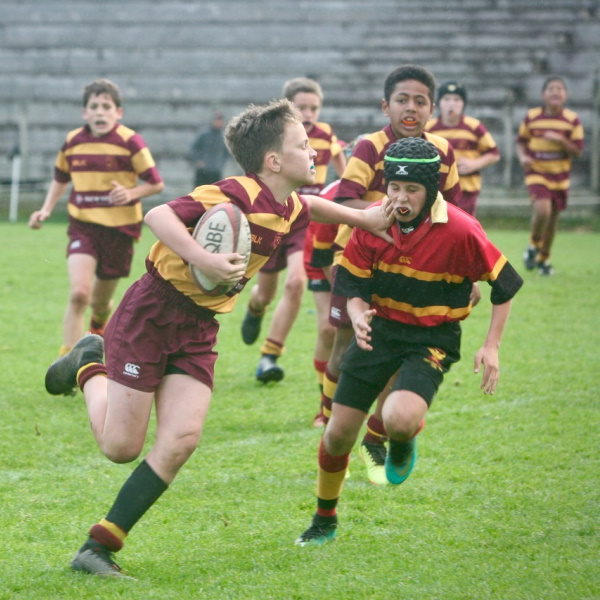
J4-1
Mastering Skills
A ten players are more attuned to applying focus and thinking to their learning. But that doesn't mean they can do it.
- Categoryskills
- Last UpdatedSep 2021
This content, (summerised) is taking from an article by a Norwegian sport psychologist, Frank Heggebo.
A mastery oriented climate is, to quote the article:
"coheres well with a more adaptive pattern like putting in effort, adherence to training, developing performance, well being, self-regulation and confidence among both elite athletes, physical
education-classes and youth-sports. A mastery climate also reduces likeliness of maladaptive outcomes like anxiety, stress, burnout dimensions and drop out"
What it is to me is constant achievement and progression wrapped up in positivity. Or perhaps the positivity is a side effect.
Here are the guidelines:
Task: Focus constantly on learning and task involvement. Play down normative competition and social comparison – focus on learning and developing new skills.
Authority: Let athletes participate in decision-making processes. Let them give input on new drills, new ways to look at things to support their sense of participation and self-determination.
Reward: Reward improvement, progress and effort – individually and as a team. Try to avoid social comparison and public evaluative situations especially negative ones.
Grouping: Try and create cooperative learning climates within the groups in both individual and team sports. Have athletes cooperating together in trying to solve varying problems and challenges rather than competing each other at any cost.
Evaluation: Give a lot of evaluative feedback focusing around personal and team-improvement. Evaluate progress, development, the quality of the work-process – not just who is best at a given task.
Timing: Give athletes time enough to master and develop – do not send them home with “unfulfilled tasks”. It is important to provide feedback as immediately as possible after performance and focus on mastery of tasks and challenges. Time is also crucial for the coach to be able to implement the targets above.
Focus on the compass not the watch
For 10 to 13 years old's and volunteer coaches this is perhaps a but much. But look at it as a guideline, take the concepts and apply a piece of it to your season. As long as you are heading in the right direction you don't need to worry about the time it takes to get there.

